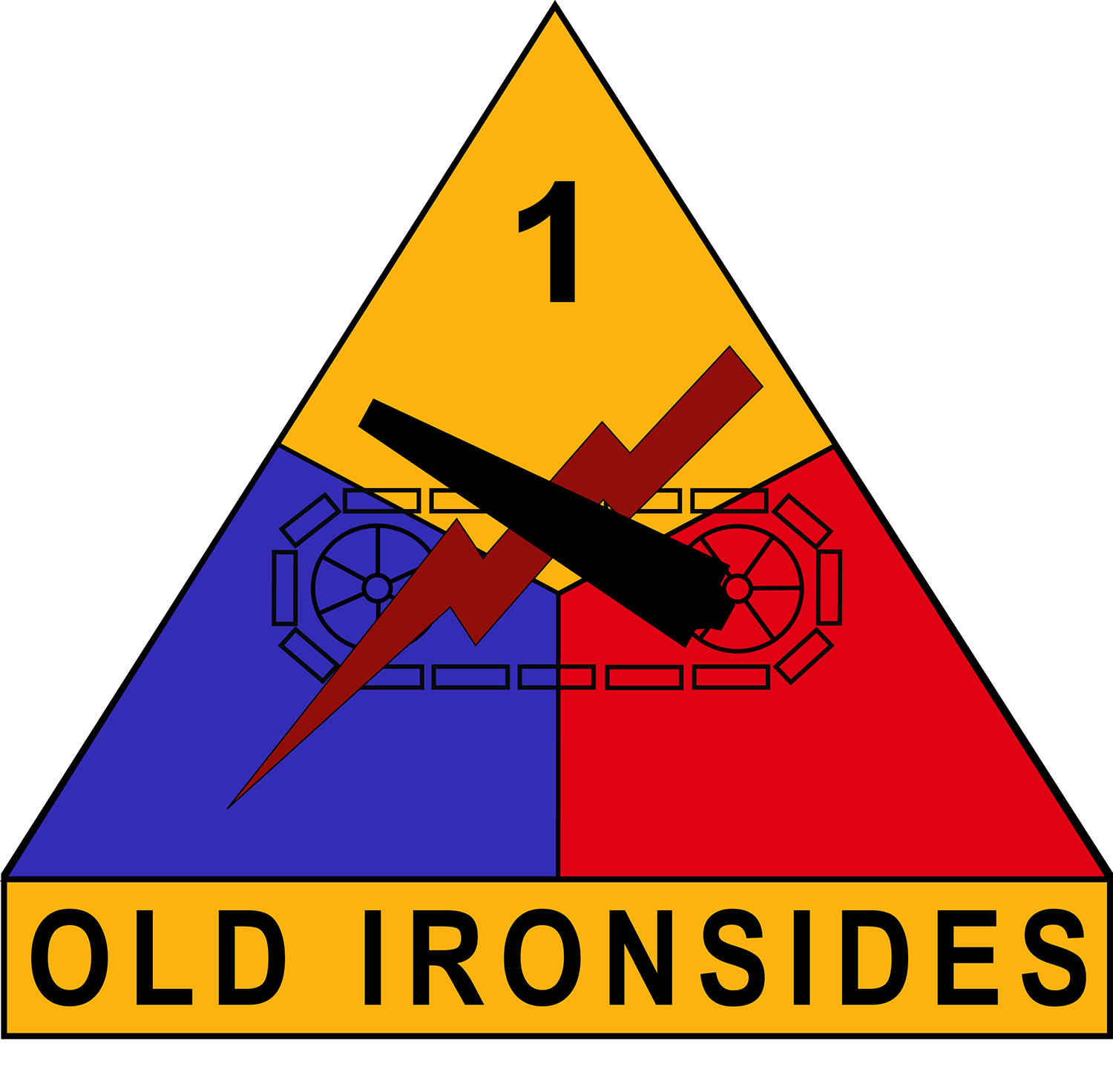
Mediation Can Resolve Disputes
By E. Stephanie Hebert, Legal Assistance Attorney
“Mediation is a forum in which an impartial person, the mediator, facilitates communication between parties to promote reconciliation, settlement, or understanding among them.” -Texas Civil Practice & Remedies Code §154.023(a).
The primary objective of mediation is to allow people to resolve their legal disputes without judicial intervention. Most lawyers and law offices (including the Fort Bliss Legal Assistance Office) are prohibited from advising both opposing parties to a dispute. So, what’s the alternative when both parties want to sit down and negotiate, but don’t have the knowledge, skill, or ability to do so on their own?
The El Paso County Dispute Resolution Center can help both parties successfully craft their own settlement, put it in writing, and perhaps avoid a lawsuit altogether. The DRC mediates family law issues, contract disputes, deceptive trade practices, consumer, landlord-tenant, and neighbor-to-neighbor disputes.
There’s little, if any, harm in trying to settle your differences before competing claims get blown out of proportion or lawyers get involved. If you have already retained a lawyer to help settle your dispute, your lawyer may insist upon accompanying you to mediation. However, mediation is certainly an event that you can schedule and attend on your own before you hire counsel, or with your attorney’s permission thereafter. Either way, you will not be forced or coerced into settling your case in mediation, because mediators are not permitted to impose their own judgment in your case. Instead, the mediator will be a neutral third party who may have the skill to discover and offer solutions to your conflict from an objective vantage point. Ultimately, settling your case will be your decision, not the mediator’s. You will be given ample time to discuss the conflict, and possible solutions, with both the opposing party and mediator in a group setting or one-on-one. If, after making a good-faith effort to negotiate, you see no benefit to the mediation process or no hope of resolving your conflict, you can simply choose not to settle your case. The truth is that you may get more of what you want by going to trial. However, you may also get a whole lot less. One thing is certain: if you choose to pursue litigation over negotiation, you will be transferring any decision-making authority you previously had to a judge. Furthermore, you will likely pay a private lawyer quite a bit of money to litigate your case in court.
There are many private mediators in the local Fort Bliss area, but the DRC mediation fees may be less expensive because the DRC is a non-profit organization. In non-family civil cases, the DRC charges $50 per party for a four-hour mediation session. Family law mediations are usually $300 per party for the same period of time.
Pursuant to Chapter 154 of the Texas Civil Practice and Remedies Code, a court cannot force parties to settle their case, but it can compel them to sit down and talk with one another. Sometimes, that’s half the battle. Once a lawsuit has been filed, court-ordered mediation provides the parties with one last chance to negotiate their own settlement before trial. If you know now that you will be ordered by a judge to mediate your case, you should give serious thought to scheduling mediation as soon as possible without waiting for a lawsuit to be filed or the judge to sign an order.
For more information about DRC mediation, please contact the DRC at elpasodrc.org or (915) 533-0998. If you have questions about the mediation process, please schedule an appointment to speak with an attorney at Fort Bliss Legal Assistance Office by either calling (915) 568-7141 during office hours or emailing usarmy.bliss.hqda-otjag.mesg.bliss-legal-assistance-office@mail.mil anytime.




